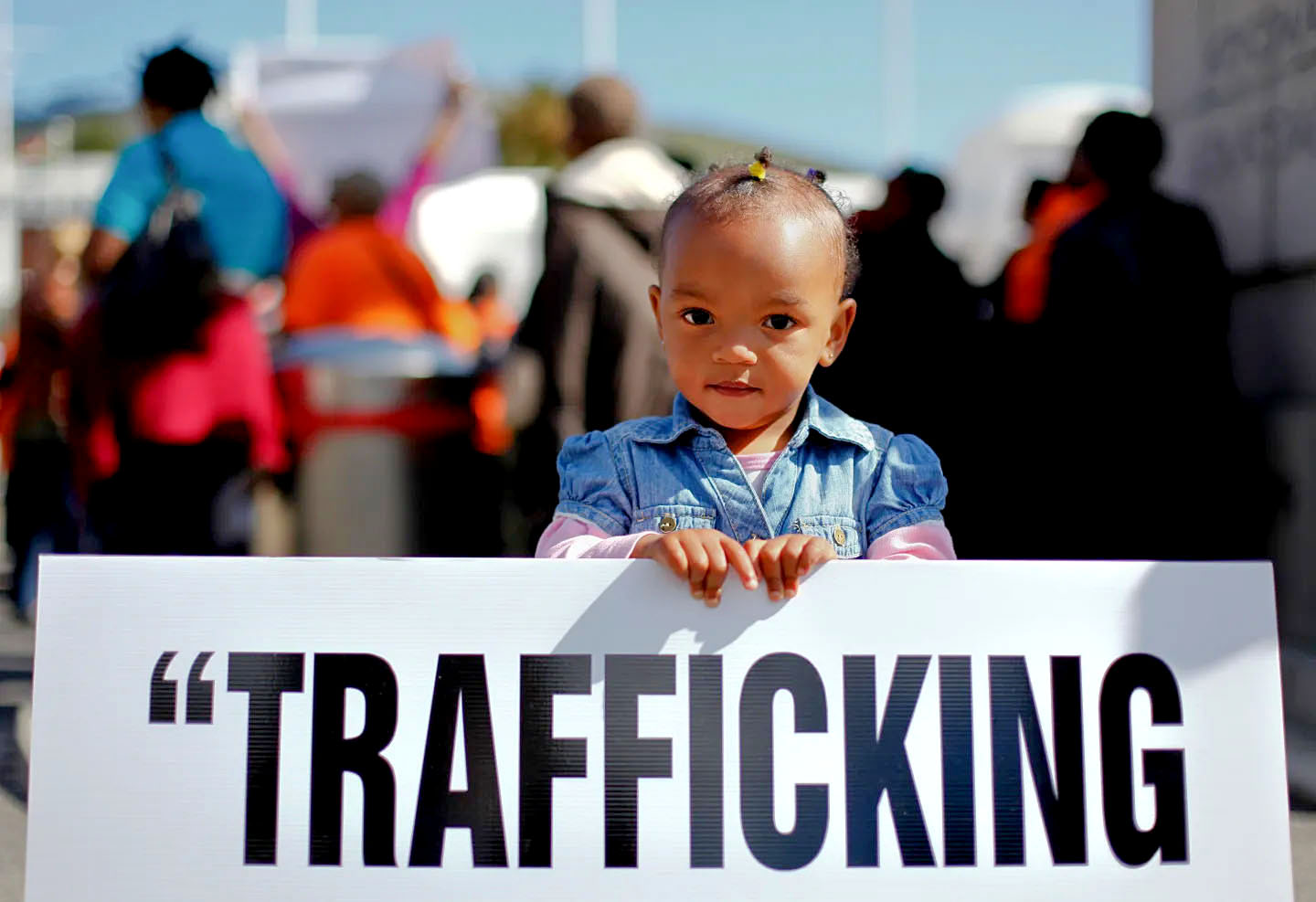The police in Matatiele arrested two male suspects (aged 40 and 20) on Saturday for human trafficking and illegal immigration involving 10 children.
The arrests followed a swift response to a tipoff received by the police about an adult male with 10 children who was seen near a fuel station in Matatiele.
Brigadier Nobuntu Gantana said that when confronted by the police, the 40-year-old suspect — a Lesotho national without valid documentation — claimed he was transporting the children to their mothers in Pietermaritzburg.
“However, the children contradicted this, stating they did not know the man, and that he had taken them from Qacha’s Nek, Lesotho, under false pretences of reuniting them with their mothers. They confirmed illegal entry into South Africa via an unofficial crossing near Paqama,” she said.
She added that the children were between the ages of four and 14.
Qacha’s Nek, about 35km from Matatiele, is the closest legal border crossing between SA and Lesotho. But the Paqama Crossing is a well-known illegal crossing point into SA, and is close by.
“Cases of Human Trafficking (Prevention and Combating of Trafficking in Persons Act) and Illegal Immigration (Immigration Act) were registered. Both suspects are in custody and will appear before the Matatiele Magistrate’s Court soon,” Gantana added.
Children in ‘safe location’
She added that the 10 children had been placed in a safe location by the Department of Social Development and are receiving care.
“The investigation continues to uncover the full extent of the trafficking operation,” she said.
Acting Provincial Commissioner, Major General Thandiswa Kupiso, commended the vigilant person who tipped off the police.
“This intervention potentially saved these children from further harm,” he said.
Matatiele recently made headlines when a seven-year old, nicknamed Cwecwe, was brutally raped in the town. The attack on Cwecwe and the subsequent outcry when nobody was arrested led to protests countrywide calling for justice for the young child.
Raymond Mayekisa, representing a child protection NGO in Matatiele, said it looked like all the children were from Lesotho, but indicated that they would help where they could to reunite them with their families.
The US Department of State’s annual report into the fight against human trafficking last year stated that the country “does not fully meet the minimum standards for eliminating trafficking, but is making significant efforts to do so”.
In 2024, four cases of human trafficking were brought in Lesotho, and 14 others were still ongoing.
Read more: Kelly Smith’s mother — my daughter said she’ll ‘speak at sentencing proceedings’
Lesotho’s government formally launched the Bi-National Commission of Cooperation (BNC) with SA in 2024 to increase law enforcement coordination to combat trafficking crimes.
Describing Lesotho’s Trafficking Profile, the report states as follows:
“As reported over the past five years, human traffickers exploit domestic and foreign victims in Lesotho, and traffickers exploit victims from Lesotho abroad. Limited economic opportunities, exacerbated by the [Covid19] pandemic and inflation, resulted in vulnerable populations — including women and orphaned children, enticed by traffickers with false promises of legitimate employment or educational opportunities — to migrate from rural into urban areas and to SA or the Middle East.
“Traffickers, including in religious institutions, fraudulently advertise scholarships or lucrative jobs in hospitality on social media to recruit victims into forced labour and sex trafficking, increasingly in the Middle East.
Traffickers in Lesotho
“In Lesotho, traffickers exploit Basotho children, especially orphans, in forced labour in domestic servitude and animal herding and in sex trafficking. Young girls employed in domestic work in exchange for room and board are vulnerable to forced labour and abuse. In previous years, there were anecdotal reports that ‘workshop masters’ forced children to produce and sell arts and crafts in market vending.
“There were reports of sexual harassment in Taiwan, People’s Republic of China (PRC), and South Asian-owned textile factories in Lesotho, including widespread reports managers and supervisors coerced female workers into sexual relationships in exchange for maintaining employment, receiving better working conditions, and avoiding further harassment. Pandemic-induced layoffs increased vulnerabilities of the predominantly female textile workforce, resulting in some engaging in commercial sex,” the report continued.
Last year the United Nations highlighted the plight of people from Qacha’s Nek, as failing crops caused devastating hardship and hunger in the area. DM




 A South African girl holds a poster during an anti human trafficking protest outside Parliament in Cape Town. (Photo: EPA / NIC BOTHMA)
A South African girl holds a poster during an anti human trafficking protest outside Parliament in Cape Town. (Photo: EPA / NIC BOTHMA)